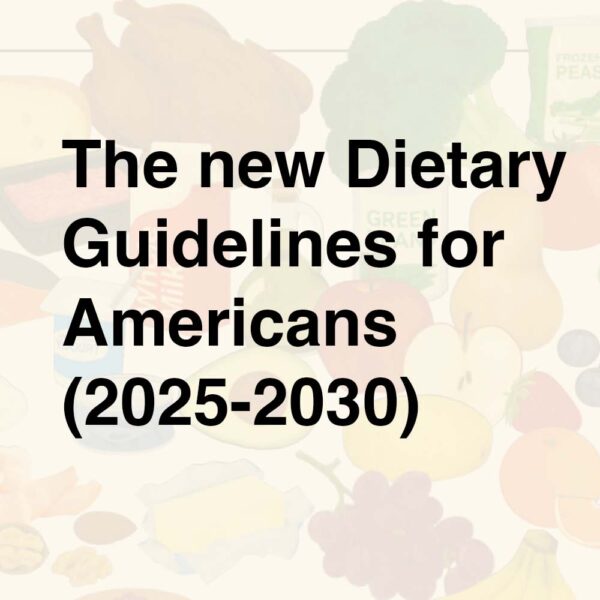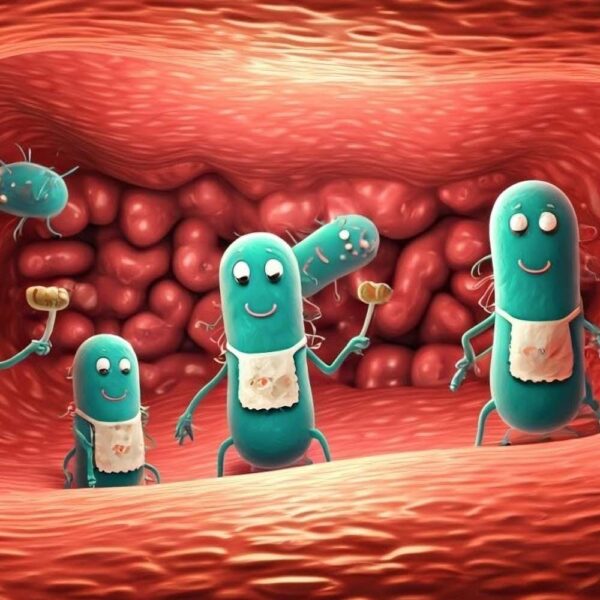I have written about Sunflower oil many times so here’s one more time. You won’t escape Sunflower oil if you live in the western world. It’s cheap, freely available and found in every restaurant (and sadly a lot of homes) but is it healthy? Well it’s almost all omega-6 polyunsaturated fatty acids. This means it’s highly inflammatory. This includes in my opinion the one that is supposedly high in oleic acid. It has been “modified” – my mind jumps to GMO here – to contain a different profile to that which is found in nature – so that’s even more “out” for me!
HOW IT’S MADE
Sunflower oil is made by heating, bleaching, refining and deodorising – it’s highly industrialised and processed – nothing natural about this product. Here are just some of the steps it goes through: cleaning, heating, drying (seeds); pressing (which includes chemical solvents like hexane to extract the last drop of oil), heat distillation, degumming, bleaching, deodorising and colouring – to make it palatable! There is nothing left to nourish the body, only to inflame.
IT’S DAMAGED
Not only is it damaged already, but further damage takes place when it is heated again. Consuming this damaged fat causes oxidative stress in the body, raising the long-term risk of chronic diseases. In fact sunflower oil contains more damaging compounds when heated than any other cooking oil. Sunflower oil is prone to oxidation, just like all ‘vegetable’ oils such as canola oil and grapeseed oil. These are industrialised fats, highly processed and damaging to the human body. One tablespoon of sunflower oil has 9g of omega-6 and almost no omega-3 – the ratio is horrendous if you are worried about your health.
RATIO
Omega-6 has mostly pro-inflammatory properties while omega-3 has anti-inflammatory properties, and while omega-6 is essential, we only need very small amounts of it, and we DO NOT want it from a damaged source. The imbalance between omega-6 to omega-3 in the body (which can be up to 20:1 in the modern diet instead of 1:1) catapults the body into a pro-inflammatory state. Consider too, excessive amounts of omega-6 may impair the biological activity of omega-3. Linoleic acid (the primary omega-6 fatty acid) blocks the uptake of DHA and EPA (omega-3 from animal sources like fish oil – it doesn’t occur in the plant kingdom) into tissues.
HEALTHY OILS
Healthy fats and oils to eat raw or cooked include:
• Olive oil (must be extra virgin)
• Macadamia oil (also extra virgin)
• Real butter (not margarine)
• Coconut oil
• Lard
• Tallow
• Fat on your meat
• Chicken skin
• Avocado/oil
Just avoid all “plant oils” and “seed oils” and stick to the healthy, natural and unprocessed oils.






